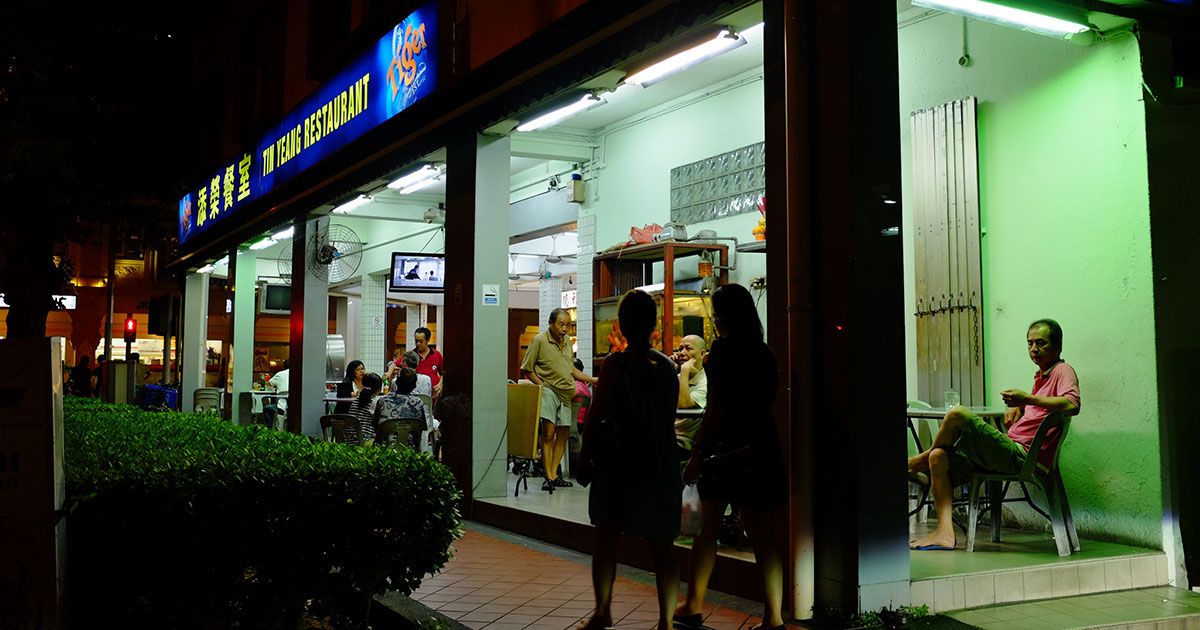Many Vietnamese in Singapore are here to study or work in restaurants and hawker centres, and do not engage in vice activities, an official from the Vietnam embassy told CNA.
Le Cong Dung, the embassy’s deputy chief of mission, was responding to reports of Vietnamese in Singapore bearing the brunt of discrimination in the wake of a new outbreak of Covid-19 cases.
It was revealed that a Vietnamese short-term visit pass holder tested positive for Covid-19 on July 11, making her the index case of the KTV lounges cluster.
The KTV cluster has grown to 215 cases as of July 21.
The KTV cluster is also linked to the Jurong Fishery Port cluster.
Some 15,000 Vietnamese currently live in Singapore.
"Bad luck"
Regarding Vietnamese who work in KTVs, Dung told CNA: “Those are a very small number... not all Vietnamese come to Singapore for KTV jobs.”
“It’s just bad luck that this Vietnamese woman was infected... and that it (created) a public image that the Vietnamese community is doing (KTV jobs).”
He added: “But I can assure you that the Vietnamese here, are one of the most easy-going people. We are working with hawkers... that’s one of the main fields that Vietnamese with work permits do here.”
Embassy did not receive complaints from Vietnamese in Singapore
Dung also told CNA the embassy did not received any complaints from residents here.
But he also acknowledged that some cases may have gone unreported to avoid getting into the limelight.
“We Vietnamese tend to hold back when something like this happens and (hope) that time will ease everything,” Dung told CNA.
“It's really sad that such a thing has happened,” he said.
“I hope Singapore will have a better picture about the Vietnamese community here.”
Background
Even though the Vietnamese woman was the first case to be detected in the cluster, this does not mean she was the source of the infection.
The Ministry of Health's (MOH) director of medical services Kenneth Mak made this clarification on July 16.
He had said at the time that it is “extremely” likely that the seeding of the cluster arose as a result of an initial community spread, given that the woman has been in Singapore for a while.
The woman entered Singapore in February via the familial ties lane, and was sponsored by her boyfriend, a Singapore citizen, the Immigration and Checkpoints Authority (ICA) and the Ministry of Manpower (MOM) confirmed on July 16.
Top photo via Jnzl's Photos Flickr
If you like what you read, follow us on Facebook, Instagram, Twitter and Telegram to get the latest updates.
